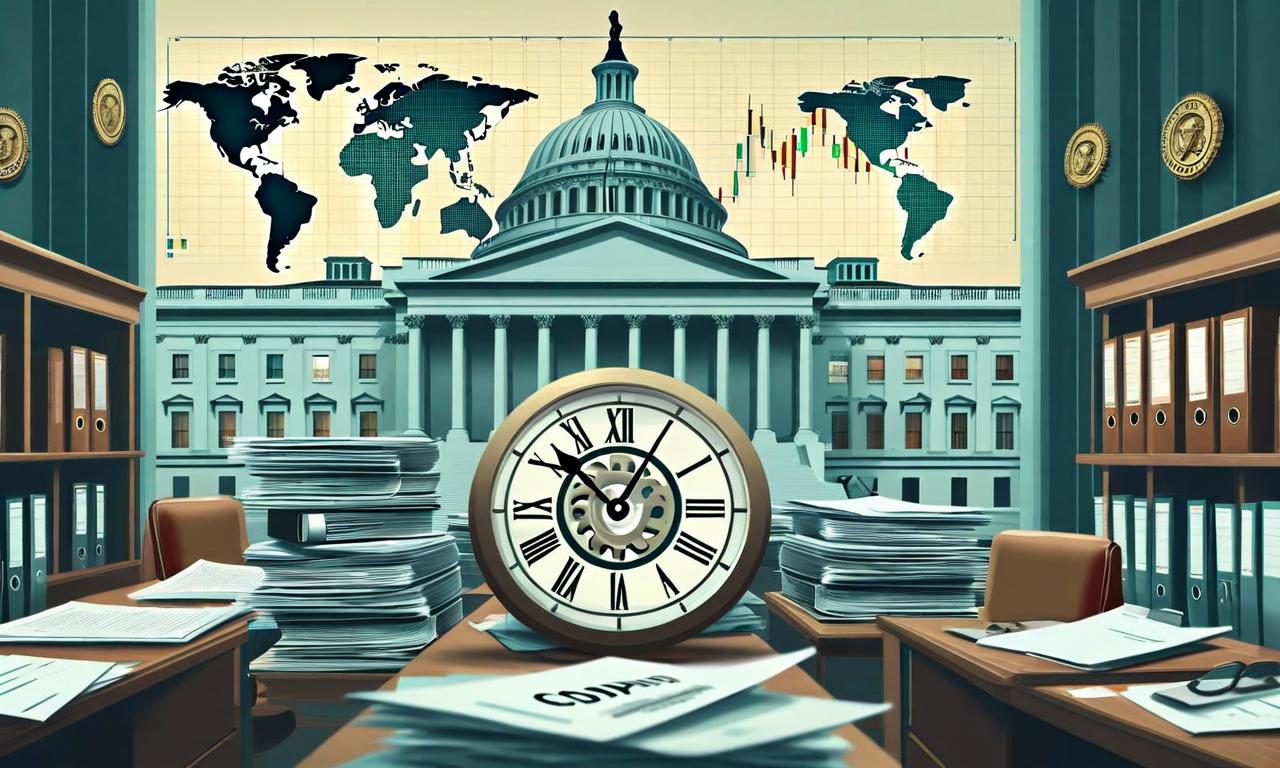White House: GDP Impact Hinges on Government Shutdown Length
White House Press Secretary Leavitt stated that the economic consequences of a potential government shutdown, particularly its impact on GDP, will be directly related to the duration of the shutdown. The statement highlights the variable nature of economic repercussions and the challenges in predicting exact economic fallout. Broader implications of a shutdown could include disruption of government services, federal employee furloughs, and delays in federal programs.

*this image is generated using AI for illustrative purposes only.
White House Press Secretary Leavitt has addressed the potential economic consequences of a looming government shutdown, emphasizing that the impact on the nation's Gross Domestic Product (GDP) will be directly tied to the duration of any such shutdown.
Economic Implications of a Shutdown
In a recent statement, Leavitt highlighted the variable nature of the economic repercussions that could result from a government shutdown. The Press Secretary's comments suggest that a longer shutdown period could lead to more significant effects on the country's economic output.
Uncertainty in Economic Forecasting
The White House's stance underscores the challenges in predicting the exact economic fallout from a government shutdown. By linking the GDP impact to the shutdown's length, the administration acknowledges the fluid nature of the situation and the importance of swift resolution to minimize potential economic disruption.
Broader Implications
While the immediate focus is on GDP, a government shutdown could have far-reaching consequences beyond just economic metrics. These may include:
- Disruption of government services
- Furloughs for federal employees
- Delays in various federal programs and initiatives
The White House's statement serves as a reminder of the intricate relationship between government operations and the broader economy, emphasizing the need for policymakers to consider the economic ramifications of their decisions regarding budget negotiations and government funding.
As the situation develops, economists and policymakers will likely be closely monitoring any signs of a shutdown and assessing potential scenarios based on various duration estimates.



























